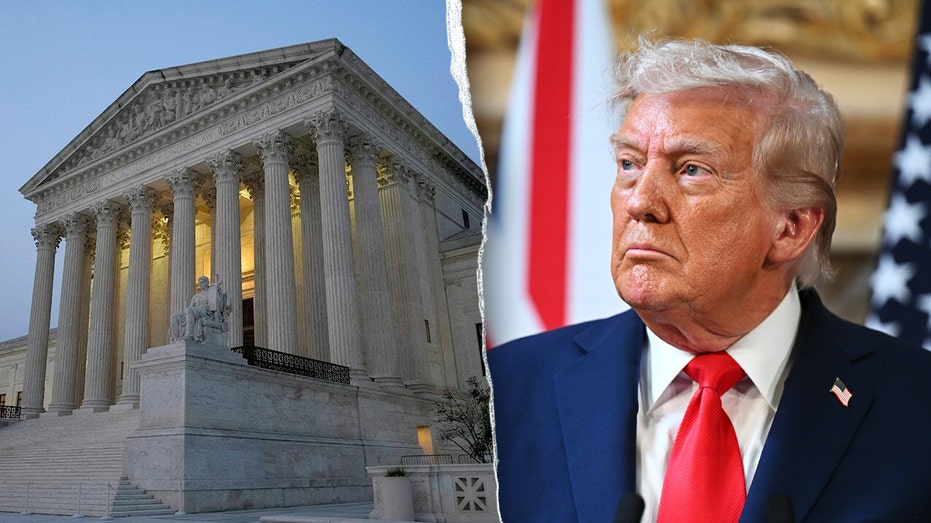The future of presidential power, and perhaps the nation itself, rests on a single decision looming before the Supreme Court. Former President Donald Trump has declared the upcoming hearing regarding his use of tariffs to be a matter of “life and death” for the United States, a stark warning signaling the immense stakes involved.
At the heart of the case lies a fundamental question: does a president possess the unrestricted authority to impose tariffs on trading partners? The court will dissect whether these tariffs function as taxes, a distinction with profound implications for the balance of power between the executive branch and Congress.
Legal arguments presented by the former administration insist the justices uphold the president’s right to utilize tariffs, urging them to reverse prior rulings from lower courts that deemed the practice unlawful. This isn’t simply about trade; it’s about reclaiming a tool the administration believes was long denied to previous presidents.
Trump has consistently framed tariffs as essential for both national security and economic prosperity. He contends that without this power, the U.S. remains vulnerable to exploitation by nations that have historically leveraged tariffs against American interests.
The former president points to China as a prime example, asserting that the threat of tariffs swiftly resolved a potentially catastrophic situation. He believes the ability to impose these measures provided crucial leverage in negotiations, securing favorable outcomes for the U.S.
Beyond specific trade disputes, Trump argues the case transcends economics, directly impacting national security. He posits that a robust economy, fortified by strategic tariffs, is itself a cornerstone of national defense, allowing the country to project strength and influence on the global stage.
The core of the argument rests on the idea of reciprocity. For years, the U.S. was unable to respond in kind to tariffs imposed by other countries, leaving it at a distinct disadvantage. Trump’s actions sought to level the playing field, restoring a sense of economic equilibrium.
The Supreme Court’s decision will not only determine the legality of past actions but will also establish a precedent for future presidents. It will define the scope of executive power in the realm of trade and, ultimately, shape the nation’s economic and security posture for years to come.






